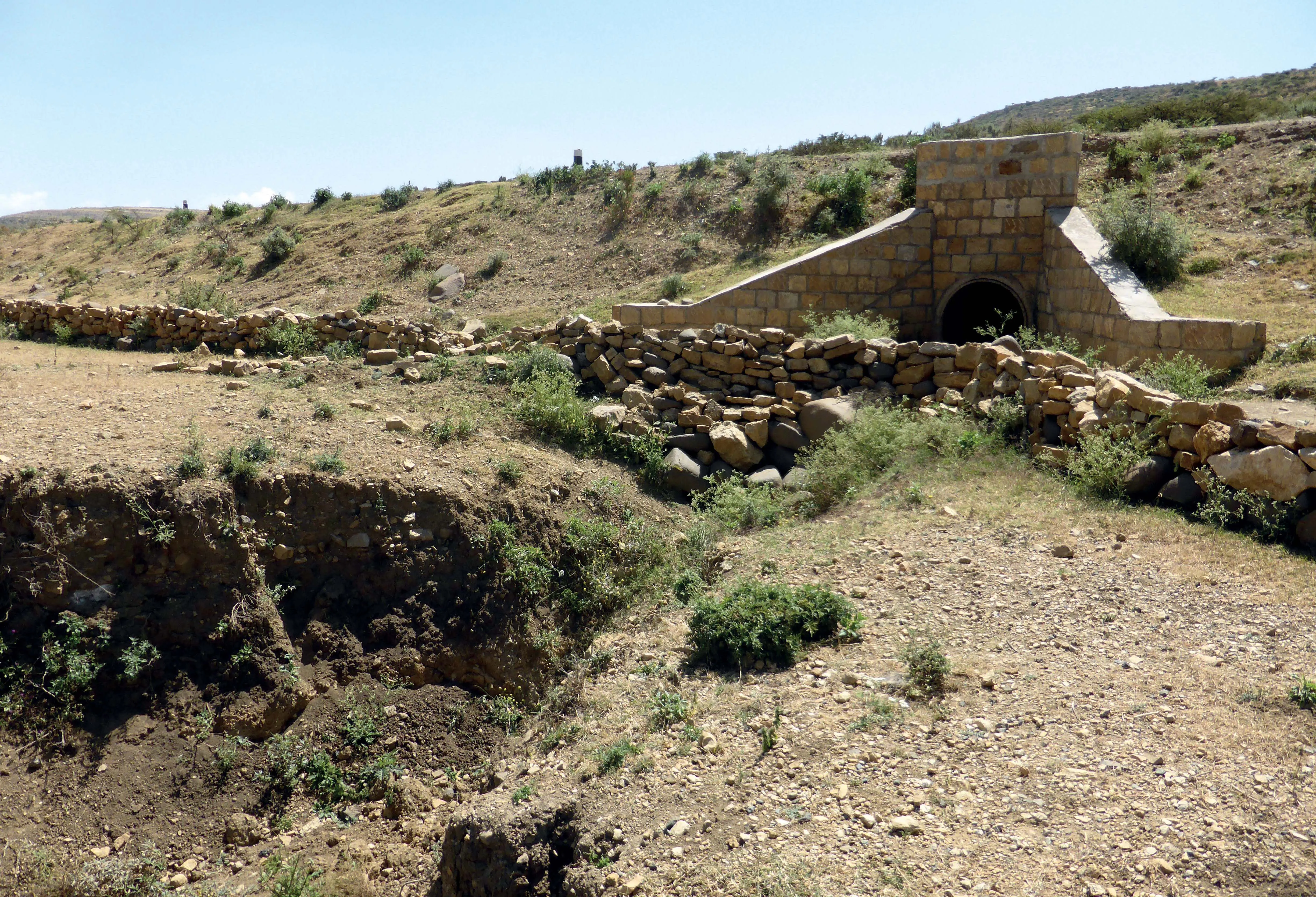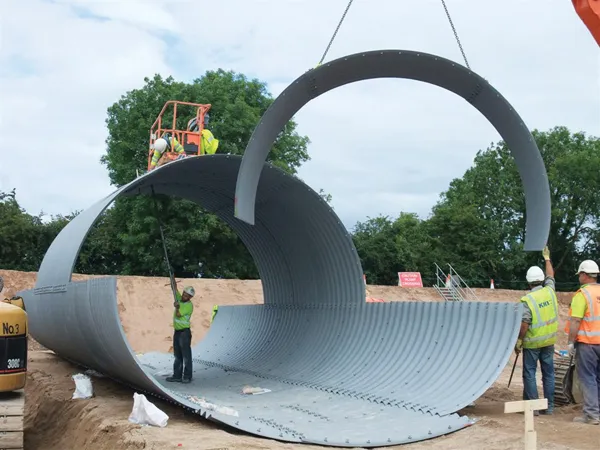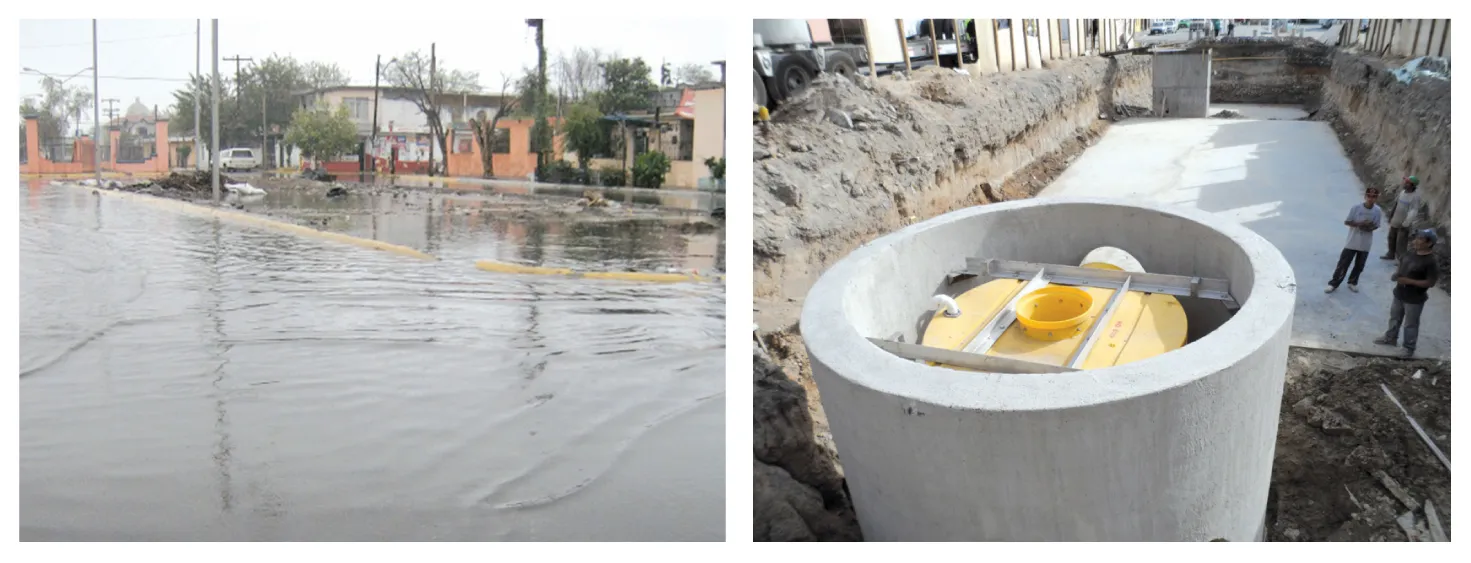Waste & Resources Action Programme (WRAP) is a UK government-funded body designed to encourage greater resource efficiency. This body completed a trial with contractor Balfour Beatty and the Highways Agency to test the innovative use of recycled organic compost along roadside embankments.
April 11, 2012
Read time: 3 mins
RSSWaste & Resources Action Programme (WRAP) is a UK government-funded body designed to encourage greater resource efficiency.
This body completed a trial with contractor1146 Balfour Beatty and the 2309 Highways Agency to test the innovative use of recycled organic compost along roadside embankments.
This technique has long been used in the US as a way to promote the re-use of recycled material as well as being a way to cost effectively stabilise embankments against wind, rain and general wear and tear.
Stabilising roadside slopes combats slippage and storm water run-off, and reduces the cost of re-engineering failed embankments.
There are 395,732km of roads in the UK and many of the major routes that make up this network of highways are flanked by engineered slopes.
Once an engineered slope has been built it has to be cultivated with vegetation to protect it from the elements but the soil is at risk from wind and rain erosion until growth occurs.
The quality of the soil being used for such embankments can cause problems as it may lack the nutrients and minerals, such as nitrogen and potassium, to support plant growth. WRAP trials are now underway to evaluate the benefits of this technology and the results so far show structural improvement to roadside embankments, and suggest secondary financial benefits and a general lowering of project timescales.
At one trial Cranfield University is working with Balfour Beatty and the Highways Agency at the site of the new A421 extension in Bedfordshire, England. In March 2009, 12 purpose-built trial plots were installed to compare different depth applications (either 25mm or 50mm). It is the first time that this approach has been used by UK road and highways contractors. To measure the impact of run-off and rainfall on each of the slopes, Balfour Beatty fitted each plot with a trough to collect sediment and water to monitor whether or not the application of quality compost reduces movement and improves water retention.
Another key innovation being trialled along the A421 embankment is the use of compost socks. Compost socks are essentially permeable, tubular membranes that are placed at the foot of an embankment and protect the road surface from run-off and sediment movement, as well as acting as a form of natural drainage in times of heavy rainfall. Crucially, they can also be seeded and this allows them to blend in naturally with the surrounding environment as well as provide additional support to slopes.
Results, collected through 2009 and early 2010, have been dramatic. When combined with the composted slopes, the compost socks have reduced water and sediment run-off by 100%. Growth of the vegetation was swift too and helped to provide a rapid and healthy layer of protection from the elements as well as improved root growth beneath the surface, which added further stability to the embankment.
This body completed a trial with contractor
This technique has long been used in the US as a way to promote the re-use of recycled material as well as being a way to cost effectively stabilise embankments against wind, rain and general wear and tear.
Stabilising roadside slopes combats slippage and storm water run-off, and reduces the cost of re-engineering failed embankments.
There are 395,732km of roads in the UK and many of the major routes that make up this network of highways are flanked by engineered slopes.
Once an engineered slope has been built it has to be cultivated with vegetation to protect it from the elements but the soil is at risk from wind and rain erosion until growth occurs.
The quality of the soil being used for such embankments can cause problems as it may lack the nutrients and minerals, such as nitrogen and potassium, to support plant growth. WRAP trials are now underway to evaluate the benefits of this technology and the results so far show structural improvement to roadside embankments, and suggest secondary financial benefits and a general lowering of project timescales.
At one trial Cranfield University is working with Balfour Beatty and the Highways Agency at the site of the new A421 extension in Bedfordshire, England. In March 2009, 12 purpose-built trial plots were installed to compare different depth applications (either 25mm or 50mm). It is the first time that this approach has been used by UK road and highways contractors. To measure the impact of run-off and rainfall on each of the slopes, Balfour Beatty fitted each plot with a trough to collect sediment and water to monitor whether or not the application of quality compost reduces movement and improves water retention.
Another key innovation being trialled along the A421 embankment is the use of compost socks. Compost socks are essentially permeable, tubular membranes that are placed at the foot of an embankment and protect the road surface from run-off and sediment movement, as well as acting as a form of natural drainage in times of heavy rainfall. Crucially, they can also be seeded and this allows them to blend in naturally with the surrounding environment as well as provide additional support to slopes.
Results, collected through 2009 and early 2010, have been dramatic. When combined with the composted slopes, the compost socks have reduced water and sediment run-off by 100%. Growth of the vegetation was swift too and helped to provide a rapid and healthy layer of protection from the elements as well as improved root growth beneath the surface, which added further stability to the embankment.








